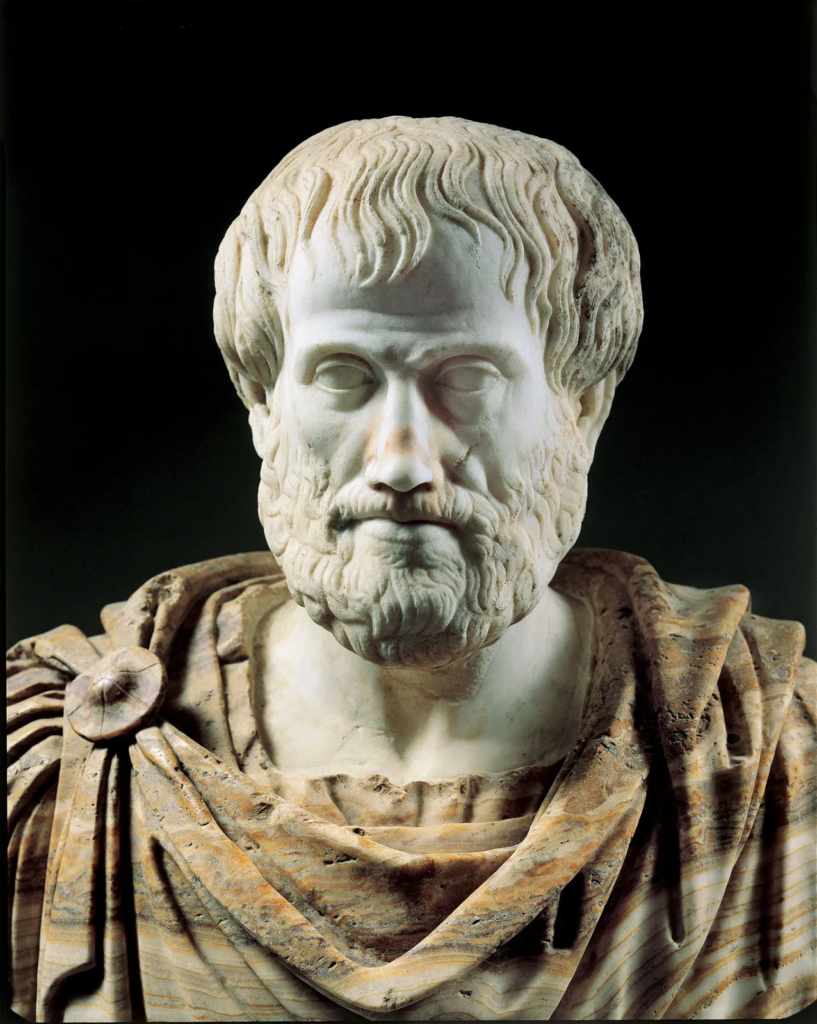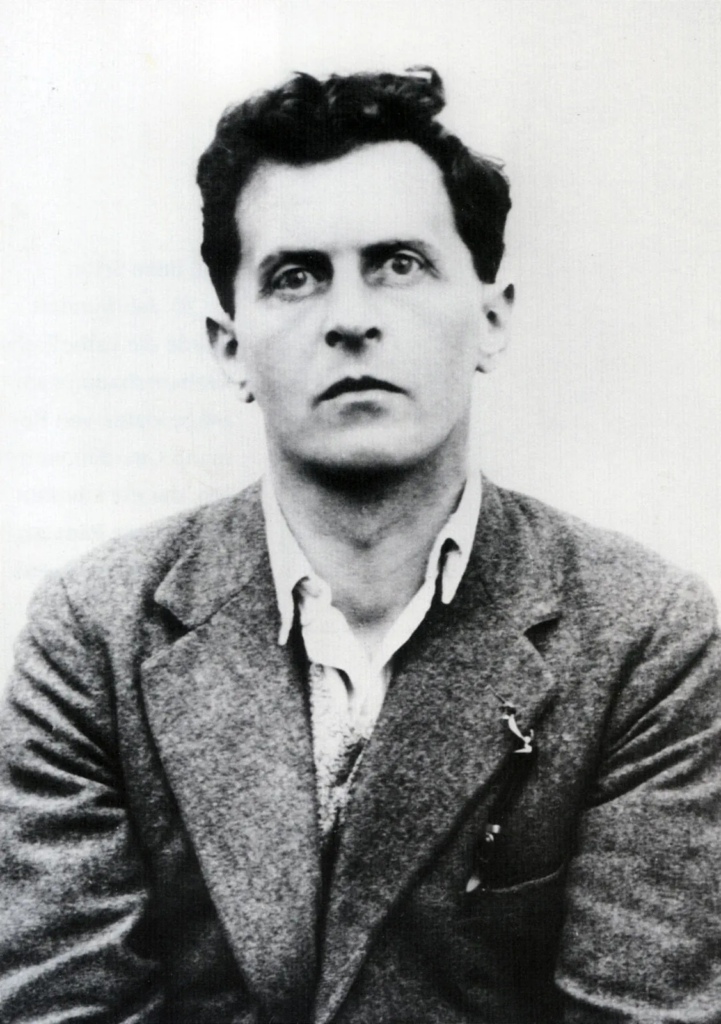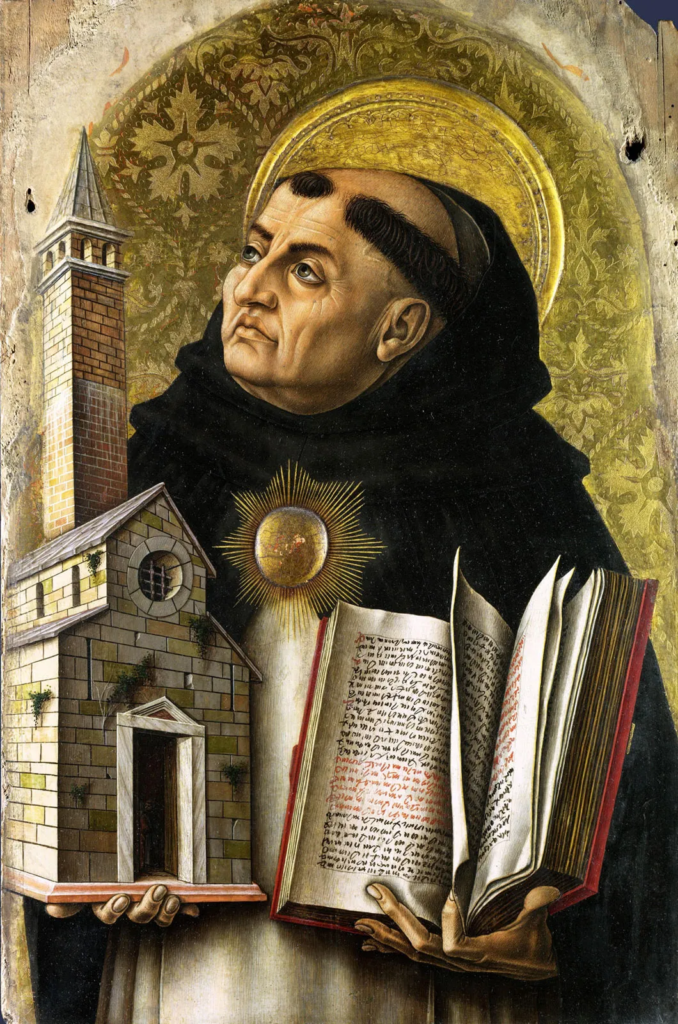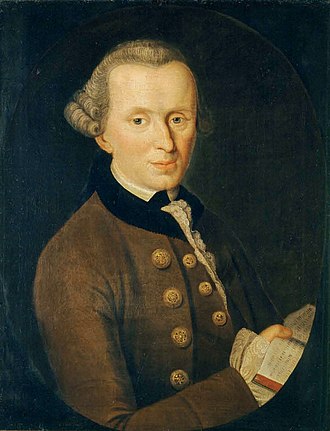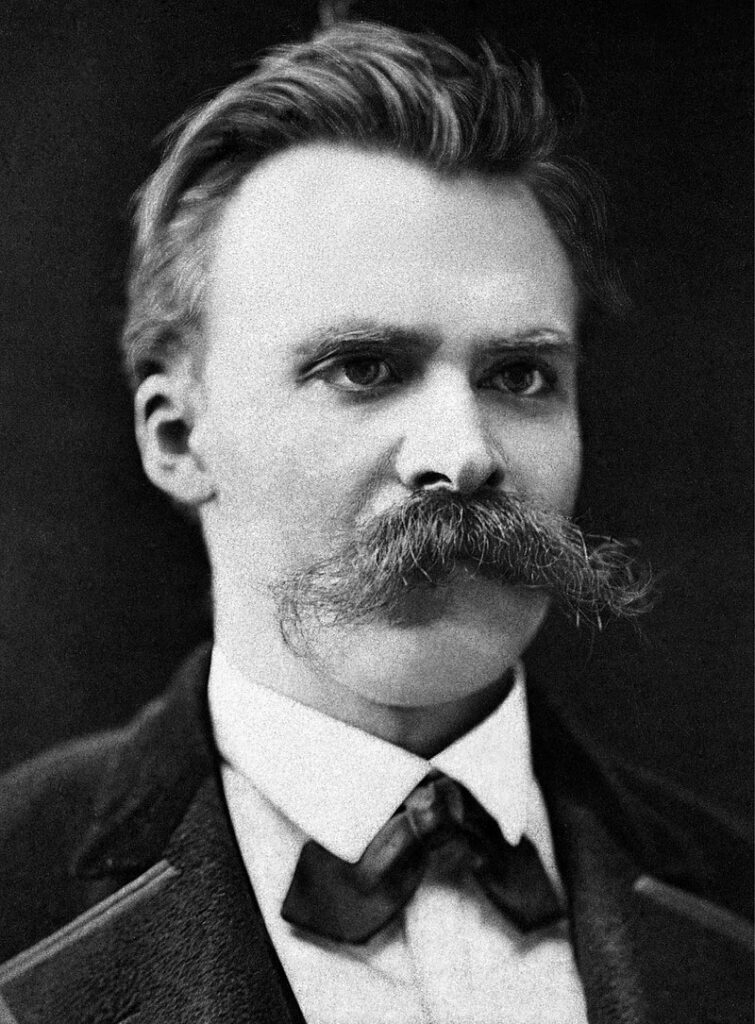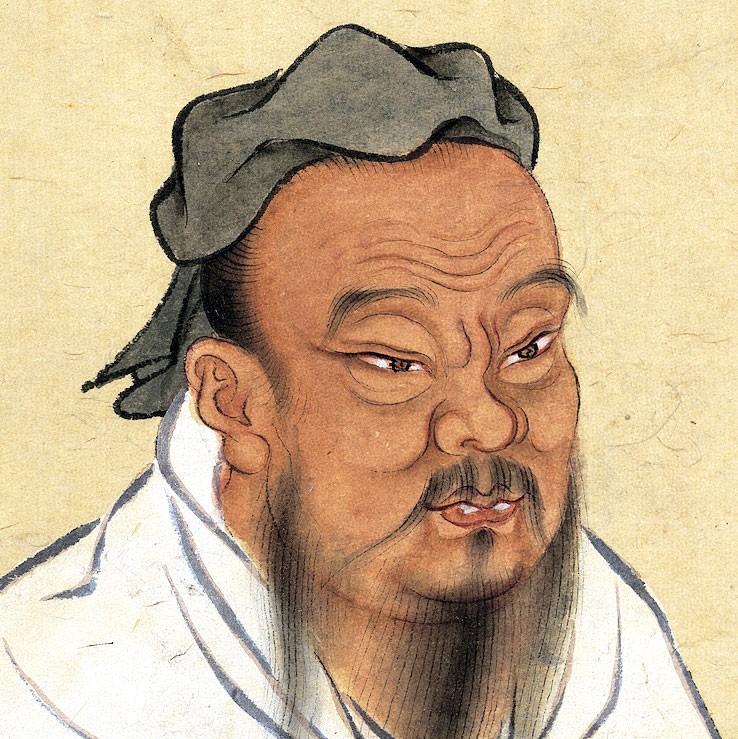David Hume
“Hume is our Politics, Hume is our Trade, Hume is our Philosophy, Hume is our Religion.” This statement by nineteenth century philosopher James Hutchison Stirling reflects the unique position in intellectual thought held by Scottish philosopher David Hume. Part of Hume’s fame and importance owes to his boldly skeptical approach to a range of philosophical …

